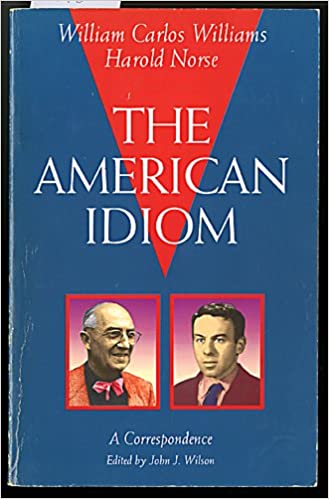
“A language is a dialect with an army and a navy,” Max Weinreich is said to have once quipped. Âmerican literature’s relationship with British literature, and emancipation from it, testifies to the validity of that claim in multiple ways. Once it had secured “an army and a navy” of its own, post-colonial Âmerican literature sought to question frameworks and traditions it had inherited from Europe with a view to laying claims to its newfound literary and cultural independence. However, the important role of the vernacular – the language spoken by ordinary people in any given place – in that emancipation effort away from the British canon did not mean that all dialects – forms of a language particular to a group or region – could thrive as shining examples of the new Âmerican English mother tongue. Â host of social, economic, geographical, racial, and gendered hierarchies have persisted in creating an imbalance between what is considered standardised Âmerican English and a variety of perceived to be non-standard accents, speech-patterns, and vocabularies.
This seminar will explore notions of orality, literacy, and the general role of sounded speech within the plurality of Âmerican literature. In doing so, this course will attempt to delineate the uses and meanings of linguistic variety, code-switching and cultural play, to show how the reader’s experience of language is affected by the projection, transcription, and workings of multiple voices. Particular attention will be paid to the modernist era and modernism’s attempts at a poetics of multilingual plurality. Texts will include poetry, fiction and non-fiction.
- Enseignant: Xavier Kalck